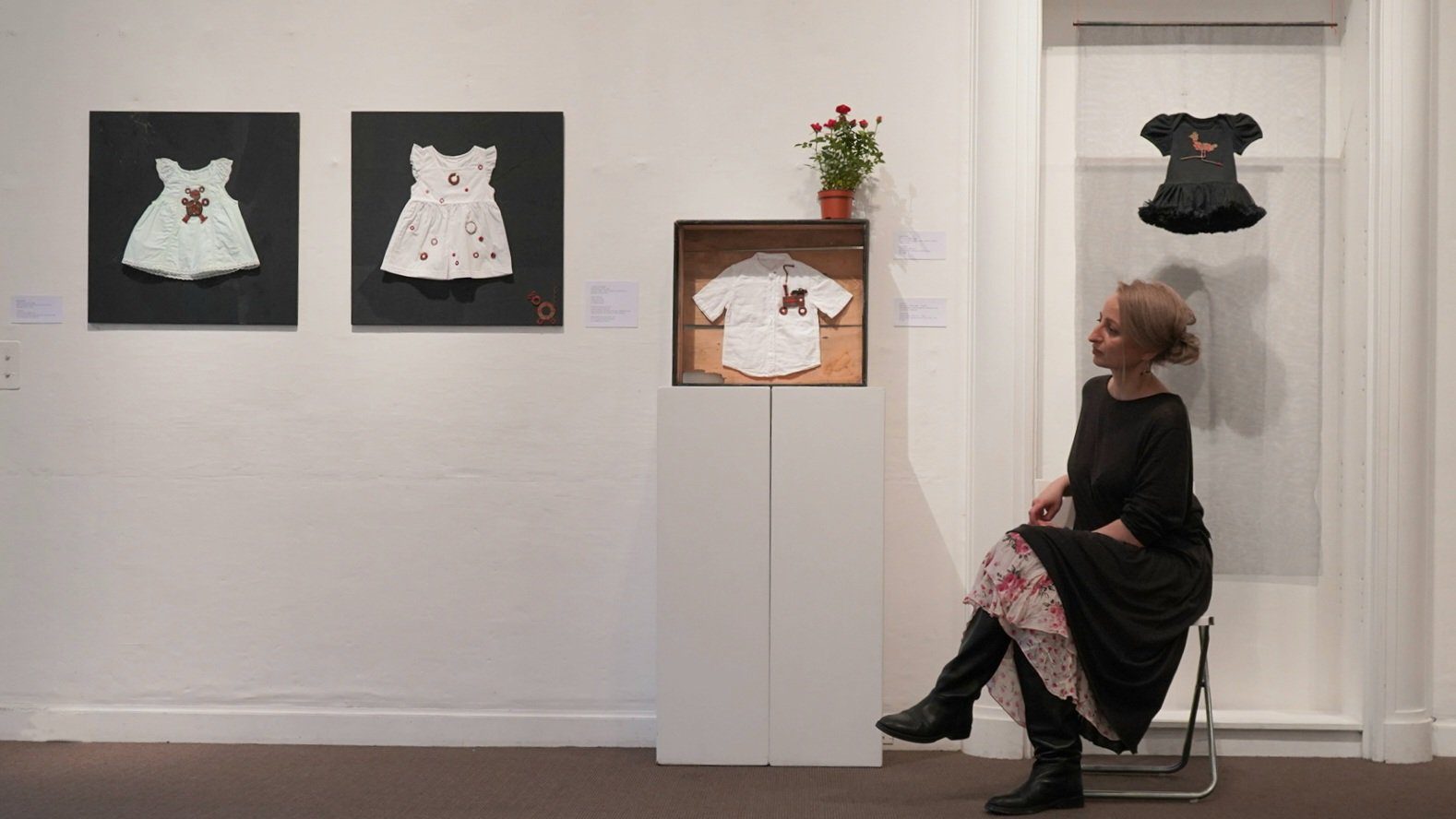This post is also available in: Bosnian
Murtezic said that high number of the complaints they receive are related to dissatisfaction with judicial with the judicial or prosecutorial decisions, complaints that the Office of the Disciplinary Prosecutor are not tasked with handling – as they arent the authority responsible for lodging appeals.When asked whether the influx of complaints demonstrates that judges and prosecutors dont do their jobs properly, Murtezic said the complaints actually indicated the visibility of the reporting mechanism to the public. He said although there were problems with the overall efficiency of the judiciary, and due to problems in the system, the are cases when the individual responsibility of a judge or a prosecutor cant be determined.Another common complaint the office receives deal with the statute of limitations on cases. In order to solve this problem, the High Judicial and Prosecutorial Council of Bosnia and Herzegovina have issued an order that a report must be submitted to them for each instance of limitations. Murtezic says that in accordance with this order, every report on an occurence of a limitation in a criminally prosecuted case is registered at the Office of the Disciplinary Prosecutor. The case and each statute of limitations are then examined.The goal is for not a single case of limitation to remain unverified, and to check whether there is an issue of individual responsibility at stake, Murtezic said. Murtezic said that certain cases reach their statute of limitations because of the unavailability of suspects or defendants.According to Murtezic, thereve been sixteen procedures undertaken in cases in which the statute of limitations has been reached. Citizens also complain about the length of such prosecutorial procedures in certain cases. Murtezic said that in these instances, objective reasons as to why a particular procedure takes additional time must be established, as well as whether there are any subjective factors at play.The Office insists that certain standards and timeframes must be established, but simply put, the issue is also the differing workloads of the courts and prosecutors offices. If a certain case is not solved in a year or two in certain courts or prosecutions, its not the responsibility of a certain individual, because its the usual time required to work on the cases. If its not resolved during this period, then we react, Murtezic explained.If investigations or trials take longer, Murtezic explains that it can be determined that the issue is not one of individual responsibility, if for example, the judge is on longer sick leave or has left the court, if the jurisdiction or regulations have been changed or if the other party contributed to extending of the procedure. With regards to complaints about judges and prosecutors who deal with war crimes, Murtezic says the largest number of complaints are about the failure to come to decisions within certain deadlines, the length of a procedure, or the failure to act upon a procedure.We initiated two procedures when it comes to prosecutors of the Prosecution of Bosnia and Herzegovina who work on war crimes. The cases are closed, Murtezic says.BIRN – Justice Report asked Murtezic which prosecutors have had sanctions imposed against them. Murtezic said that legally only certain measures are publicly disclosed, and that one such decision was rendered in the case of a war crime.With regards to state prosecutors, four or five procedures have been initiated against them. Murtezic believes that this is quite a lot, compared to the total number of prosecutors working for the state prosecutionA common complaint is that the Office of the Disciplinary Prosecutor and the High Judicial and Prosecutorial Council of Bosnia and Herzegovina impose light sanctions. Murtezic says the removal of a judge or a prosecutor from their post is the toughest sanction possible, and that so far there have been eight such cases. In addition, Murtezic says that 12 judges or


